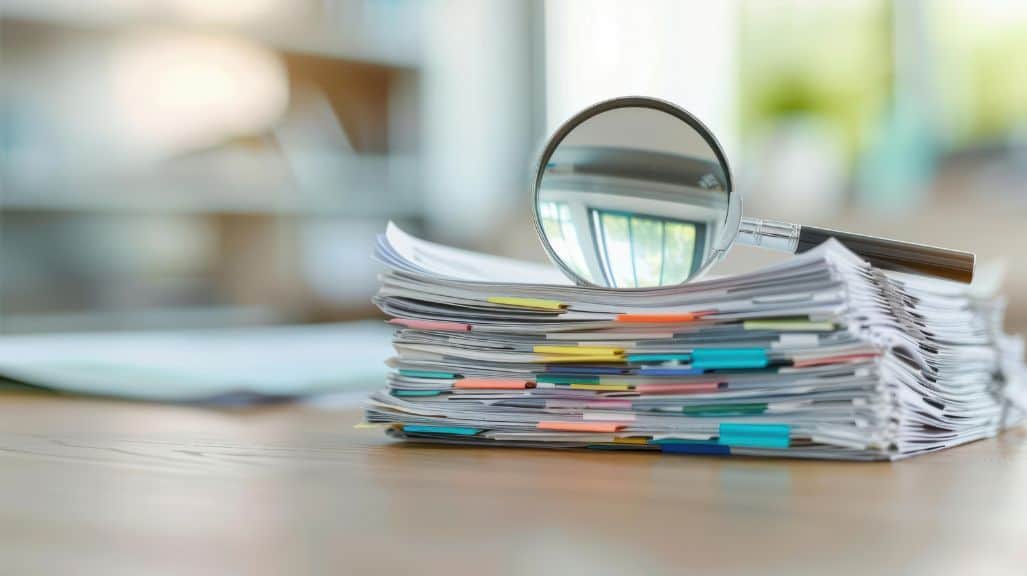Which best describes your accounting needs?
Reducing your taxable income can help you keep more of your hard‑earned money and meet your financial goals faster. At Latitude Accountants we help individuals apply proven strategies under Australian tax laws to lower their tax liability. In this easy Q&A guide we cover ten common methods, point out any state or zone variations and explain how to claim each one. Use these tips to plan ahead and lodge with confidence.
1. Can salary sacrificing into super reduce my taxable income?
Yes. Salary sacrificing means you ask your employer to pay part of your salary into your superannuation fund before tax is applied. These contributions count as concessional contributions and are taxed at 15 per cent instead of your marginal rate. This reduces your assessable income and boosts your retirement savings.
Key points
- Annual concessional cap is $27 500 for most individuals in 2024–25 under the Income Tax Assessment Act 1997
- If you exceed the cap you may pay extra tax
- No state differences apply since super rules are federal
Latitude Accountants can help you set up a salary sacrifice arrangement that suits your budget and goals.
2. Are personal tax‑deductible super contributions worthwhile?
Absolutely. If you make after‑tax (non concessional) contributions to super and notify your fund, you can claim a deduction for up to $27 500 each year. This reduces your taxable income directly.
Remember
- You must lodge a “Notice of intent to claim or vary a deduction for personal super contributions” with your fund before you file your return
- Check carry‑forward rules if you have unused cap from prior years
Our team guides you through the notice process and ensures your contributions are claimed correctly.

3. How do self‑education expenses lower my tax?
If you incur costs for courses, textbooks or travel related to maintaining or improving skills in your current job, you can claim a deduction. This includes:
- Course fees for diplomas or degrees directly linked to your employment
- Textbooks, stationery and internet costs for study
- Travel expenses to attend seminars or training
Keep all receipts and records for five years. There are no state variations for self‑education deductions under federal law.
4. Can I claim home office running costs?
Yes. With more Australians working from home you can claim:
- Electricity and gas costs
- Internet and phone expenses
- Depreciation of home office furniture and equipment
Choose either:
- Shortcut method – a flat rate per hour for all running costs
- Fixed rate method – cents per hour for running costs plus actual phone and internet usage
Latitude Accountants helps you select the method that maximises your deduction.
5. Are gifts and donations deductible?
You can claim donations of $2 or more to Deductible Gift Recipients (DGR) such as registered charities. Common examples include:
- Cash donations
- Gift of property or shares
- Fundraising event contributions
Keep donation receipts. No state differences apply since DGR status is federal. We can verify recipient status and calculate your total claim.

6. Can income protection insurance premiums be claimed?
Yes. Premiums you pay for income protection or salary continuance insurance are tax deductible if the policy covers loss of your salary. This deduction applies in the year you pay the premiums.
Latitude Accountants checks your policy wording and ensures you claim only the deductible portion.
7. Are accountant and tax agent fees deductible?
Indeed. Fees paid to Latitude Accountants or any registered tax agent for preparing and lodging your tax return, BAS statements or providing tax advice are fully deductible under the Income Tax Assessment Act 1997. Keep invoices and summary statements for your records.
8. How does negative gearing work for investment properties?
If you own a rental property, you can deduct:
- Interest on your investment loan
- Council rates, insurance and property management fees
- Repairs, maintenance and depreciation on assets
When your rental expenses exceed rental income, you make a loss that offsets other assessable income, reducing your overall taxable income. Depreciation schedules may vary slightly by state for capital works deductions so we tailor calculations to your property location.
9. What is the zone tax offset?
If you live or work in remote or isolated areas of Australia you may qualify for a zone tax offset. Remote zones include parts of:
- Northern Territory
- Far North and North West Queensland
- Some areas of Western Australia, South Australia and New South Wales
Offsets vary by zone and income level. We help you confirm your eligibility, calculate the offset and include it in your return.

10. Can I claim a spouse super contribution tax offset?
Yes. If you contribute to your spouse’s superannuation fund and their income is below $40 000 for 2024–25, you may claim an offset of up to $540. The offset phases out between $37 000 and $40 000. This reduces your tax payable rather than your assessable income directly but still lowers your overall liability.
Reducing your taxable income takes careful planning and accurate record keeping. Latitude Accountants can assess which strategies suit your situation, handle the paperwork and guide you through ATO requirements. Use these ten methods to improve your cash flow and stay compliant.
Ready to maximise your deductions and minimise your tax?
Contact Latitude Accountants today for tailored advice and expert lodgement support.
📞 Contact Latitude Accountants
📧 info@latitudeaccountants.com.au
🌐 www.latitudeaccountants.com.au
Disclaimer
This information is general in nature and does not constitute financial or tax advice. Legislation and policies may change and individual circumstances vary. Always consult a registered tax agent or the ATO for advice specific to your situation.
Follow us on social
Need an accountant?

